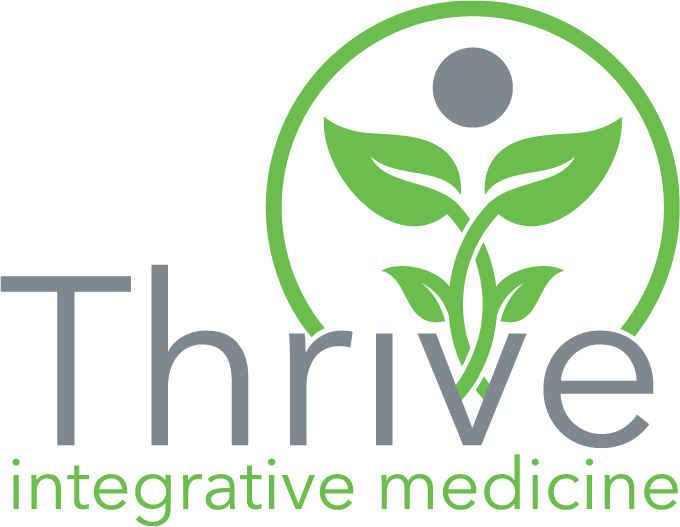Fecundity, RVs and baby making
Spring is in the air.
What does spring smell like?
Fecundity.
“What is fecundity?” you ask.
Well, what does it sound like?
Yep. You would be right.
It smells like abundance.
That wasn’t what you were thinking? Get your head out of the gutter. Spring smells much better than you imagined and what smells better than a newbie human? (Ok a newbie human with a fresh diaper.) Just about nothing. I am here to talk to you about fertility. Spring equals babies in my world and what would a Dr. O blog be without a discussion on baby making? Often the best kind of baby making is the low-stress kind. The baby that shows up and parks in your uterus like your New Jersey relative’s giant RV which takes up half of your Anchorage driveway. (Not much forethought and requiring more power than you were prepared to pay for to Church Electric.) This scenario means a bit of stress during the pregnancy but a frolicking good time before the plus sign arrives on the ClearBlue test. However, for many of us in our fast-paced, compartmentalized worlds, we place pressure on ourselves to literally “produce” at the perfect moment. What if you are the person who cleans out her spare room, replaces the carpet with organic fibers, even redecorates in a tasteful midcentury modern design, calls all her relatives to come to visit but to no avail?
We have some tips for you.
First, what you eat does matter. There are no foods that are “guaranteed to boost fertility” but there are foods that have a positive influence. Start eating those fresh vegetables that are flourishing on the store shelves once again. Better yet, start a garden. You want your gentleman caller to have strong swimmers? Take that fried chicken away and hand over the greens and beans.
Secondly, get in your omegas. One of my favorite sources is walnuts. They pack a magnesium and Vitamin B-6 punch. Walnuts also contribute to your daily intake of folate which is key in helping to prevent neural tube defects in a developing fetus. Omega 3s not only benefits the ladies but has been shown to keep sperm well-formed and willing to travel.
Physicals are not a bad word. Going in to your doctor to talk about your “baby steps” is a good first move. If you are under the age of 35, you should plan on practicing baby making for up to a year and technique should be refreshed every 2 to 3 days. If over the age of 35 years old, you should be practicing frequently and should give at least 6 months of concerted effort.
Here at Thrive, we love seeing patients who are/want to be proactive before they toss out their birth control. We have more tips and would love to personalize a plan for you in one of the most personal health care steps you will ever take.
In closing, happy spring and remember: Fecundity. It is my new favorite “F” word.
Dr. O’Connell
